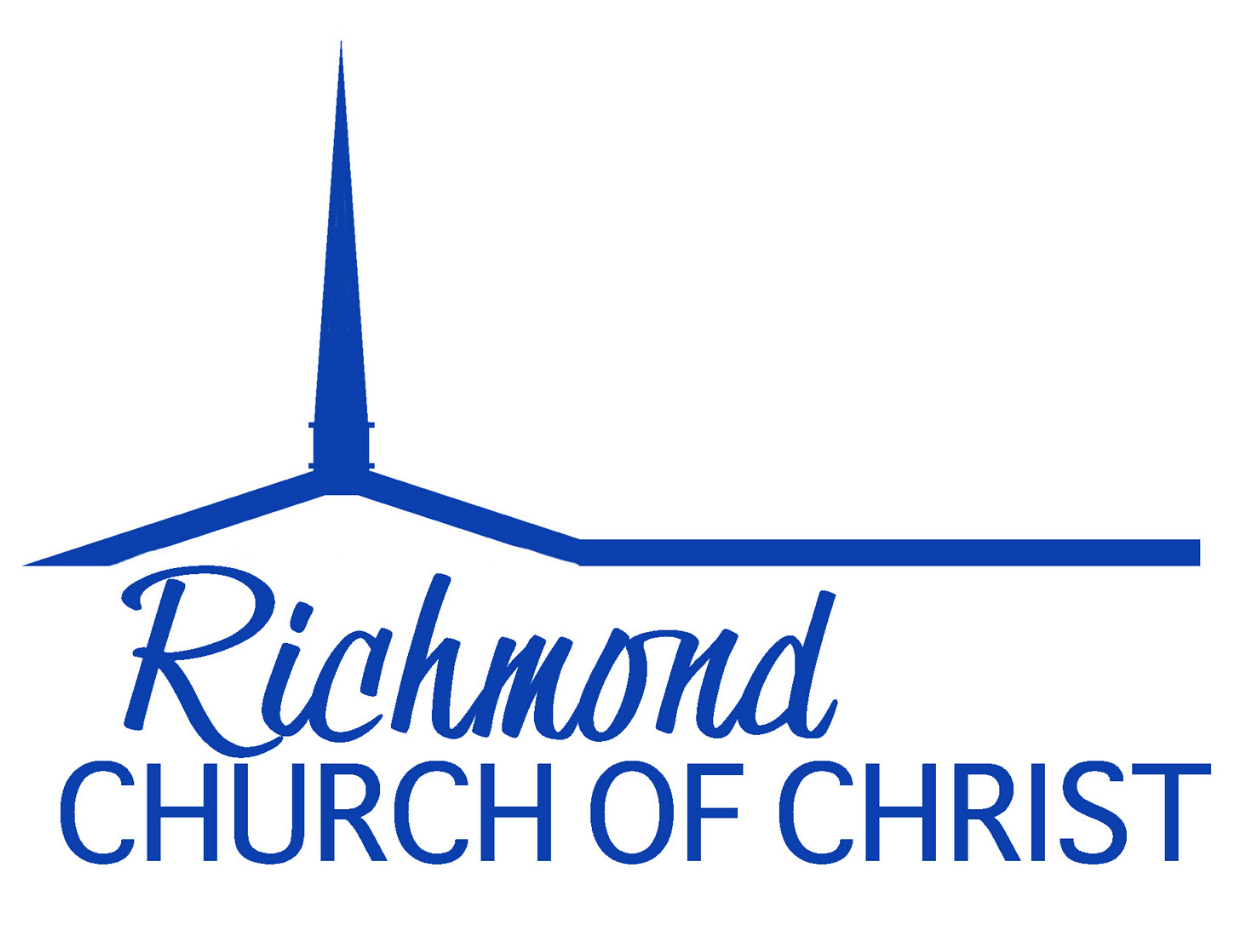Worship Through a Study of God’s Word
A 2-way mirror is a valuable tool in criminal investigations. Using this tool, investigators are able to conduct an interview of a suspect, not only to hear what he says, but also to “see” what he says with his body language.
James 1:21-25 refers to the Bible as a 2-way mirror. As I look into the Bible, I see both who I am and who I ought to be. Both scenarios are necessary. I need to appreciate who and what I really am so that I can more readily adapt to who and what I ought to be. It is the Bible, the Word of God, that is the basis for all we do in life. Our worship must be guided by the authority of the Word. This undergirds all that we do in worship.
The “five acts of worship” have been a part of our training from the time that we were children. I know that I learned to use the five fingers on one hand to identify the acts of worship and the five fingers on the other hand to identify the five steps to salvation.
The inherent danger in such a process is to miss the spirit while enumerating the truth. There is a danger in both cases of developing a “checklist mentality”. This approach might convince a person that all he or she must do is check off the appropriate box after having completed the specific act and then pat himself on the back for being such a spiritually-minded person.
We don’t really believe such a thing, but we often act as though we do. It may be that we have relegated the word to a lesser role in worship than it deserves or, even, than God desires. We could probably do a much better job making Scripture more front and center in our singing, at the Lord’s Supper, and certainly in preaching.
Notice what Paul wrote to Timothy about this very topic. “Till I come, give attention to reading, to exhortation, to doctrine.” (I Timothy 4:13). Each of these charges rests directly on the Word. It was important for Timothy to read the Word so that he could exhort and teach the brethren. Isn’t that what preaching is about?
In the previous chapter, he wrote what seems to be the theme of the entire book, “These things I write to you, though I hope to come to you shortly, but if I am delayed, I write so that you may know how you ought to conduct yourself in the house of God, which is the church of the living God, the pillar and ground of the truth.” (I Timothy 3:14-15).
Paul’s instructions addressed Timothy and his participation in a local church setting. The majority of the book addresses aspects of the assembled, worshiping church. Chapter 2 addresses men and women and their participation in the assembly of a local congregation. He specified that the men should take the lead in public prayers. Women are told not to assume any authoritative, leadership role over men in worship.
Chapter 3 addresses the qualifications of the men who shepherd the flock and those men who carry out the day-to-day functions of the work of the church. Chapter 4 addresses Timothy in his ministry in behalf of the church. Chapter 5 addresses the members of the church and the way that they should treat each other. Chapter 6 addresses those who would teach other doctrines and how they should be handled. He closes charging Timothy to “Guard what was committed to your trust…´ (6:20). When we allow God to speak to us through His word, we are worshiping Him. That is why we have a time of study during our worship assemblies.
— Mike Johnson
